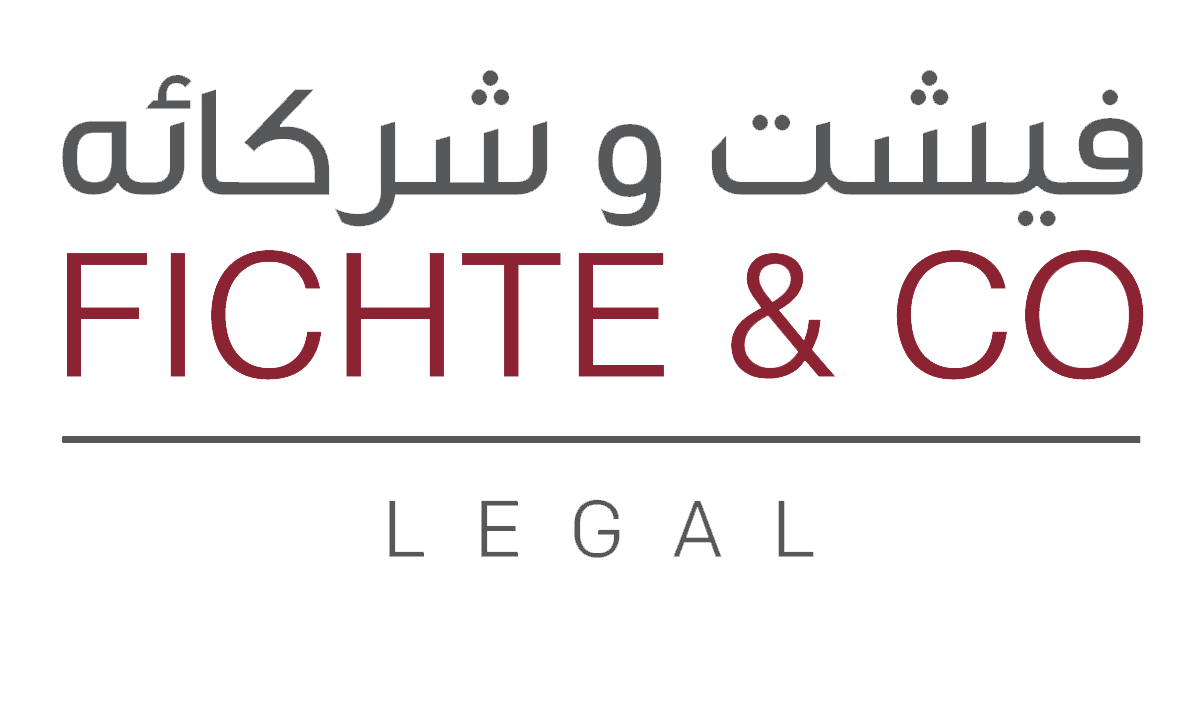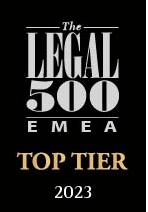Entrepreneurs in MENA, just like their counterparts in many places around the world, often face a funding gap between the seed capital they raise from friends and family at an early stage, and what banks, private investors and venture capital firms are willing to contribute at a later stage.
Friends and family often sympathize with the entrepreneur and their idea, and are therefore willing to risk small amounts of money in the venture. Unfortunately, banks in MENA have little appetite to lend to businesses that have less than 3 years of track record in generating consistent cash flows. Most private investors and family offices have little understanding of the technology start-ups, thus the prefer investing in proven businesses with predictable profitability or traditional assets, such as property and other tangible assets. Venture capital firms tend to prefer investing when traction is achieved over several months showing consistent growth in attracting users or customers, and/or generating revenues.
So how do startups in MENA that face challenges in raising funds bridge the gap between initial, small scale investment and the required larger, more substantial capital?
I invited Tamer Bazzari, CEO of Genero Capital, an active Dubai based investor (Investor), to contribute to my lawyer’s views (Lawyer), to guide MENA start-ups on what it takes to get funded.
The idea
Investor: For a business to be successful it must address the unique challenges we currently face in this region, and of course capitalize on the opportunities. Consider that over 60% of our population is below the age of 25, over 80% of e-commerce payment is done as ‘cash-on-delivery’ and our region has a less than 10% credit card penetration rate.
The business will have to be relevant, scalable and can show enough consumer adoption.
Monetization of the idea is very important. A novel idea that solves a real problem, but without a robust revenue model will not create a sustainable business. Do not reinvent the wheel on how to monetize. You can start by researching what your indirect competitors and similar businesses in the industry are doing and adapt it to your market.
Lawyer: Simply copying an idea of a start-up that worked in the US is unlikely to work here. In MENA, we operate in fragmented markets consisting of 19 countries, and each country entry has a heavy regulatory burden that needs to be addressed. Think about strategically selecting a country to launch your venture, taking into the consideration the regulatory framework and the cost of compliance.
It’s also important for businesses to take steps towards protecting their idea by securing their proprietary know-how and registering intellectual property rights. Taking these steps will make it easier to sell to investors.
The Team
Investor: Ideas are said to be worthless without execution. When investments are made, we are really investing in the people behind the idea. Therefore, the track record and capabilities of the management team have always been paramount in convincing me to invest.
I am not particularly interested in founders’ MBAs and other titles, but I always need to be convinced that the founders can sell – can they sell the idea, the product, the vision? Will the team work tirelessly to make the business succeed? How invested are the founders and the amount of ‘skin they have in the game’ is very important to me as an investor. Alignment of interest between the team and the investors is key.
Lawyer: When investing in the team the investors want to see a clear agreement between the co-founders, detailing the equity vesting, roles, responsibilities, and commitments of each of the founders. After all, no one wants to be involved in another Facebook Zuckerberg/Winklevoss brothers-type litigation.
Lack of complete and accurate employment documentation will ring alarm bells. Make sure that every employee has signed employment agreements (that are in full compliance with local employment laws) containing clear provisions related to confidentiality, inventions/intellectual property ownership, as well as non-competition and non-solicitation.
Investors also want to see an employee stock ownership plan (ESOP) in place to ensure that management and key employees are sufficiently incentivized and are committed to the business.
Corporate Structure and Legal Agreements
Investor: It says a lot about the business and the founders when they have properly incorporated, taken into the consideration all the regulations they have to comply with, and have properly structured corporate governance in place. It is a function of being proper and detail oriented and that is very attractive to investors.
Get an experienced business lawyer to ensure that your structure and agreements are up to speed before you even start thinking about talking to investors.
Lawyer: When conducting due diligence on the business a lot of attention is given to the structure and governance of the legal entity and the existing agreements in place. Below are some of the essential agreements and what investors pay attention to in those.
Shareholder Agreement: sets out the rights and obligations of the founders/shareholders. Investors are interested to examine drag along/tag along provisions as well as the list of reserved matters.
Client Agreements: sets out the deliverables of the business and payment obligations of the clients. Investors are interested to ensure that clients have sufficient lock-in and payment obligations and that the business has not over-promised on deliverables and KPIs.
Personnel Related Agreements: whether you are engaging a board advisor or an independent director, hiring an employee or a consultant – all of that needs to be sufficiently and correctly documented. Investors are interested to see that mitigation measures are put in place to handle personnel related disputes or labour authorities’ claims.
This article was first published on Huffpost, February 10, 2018




